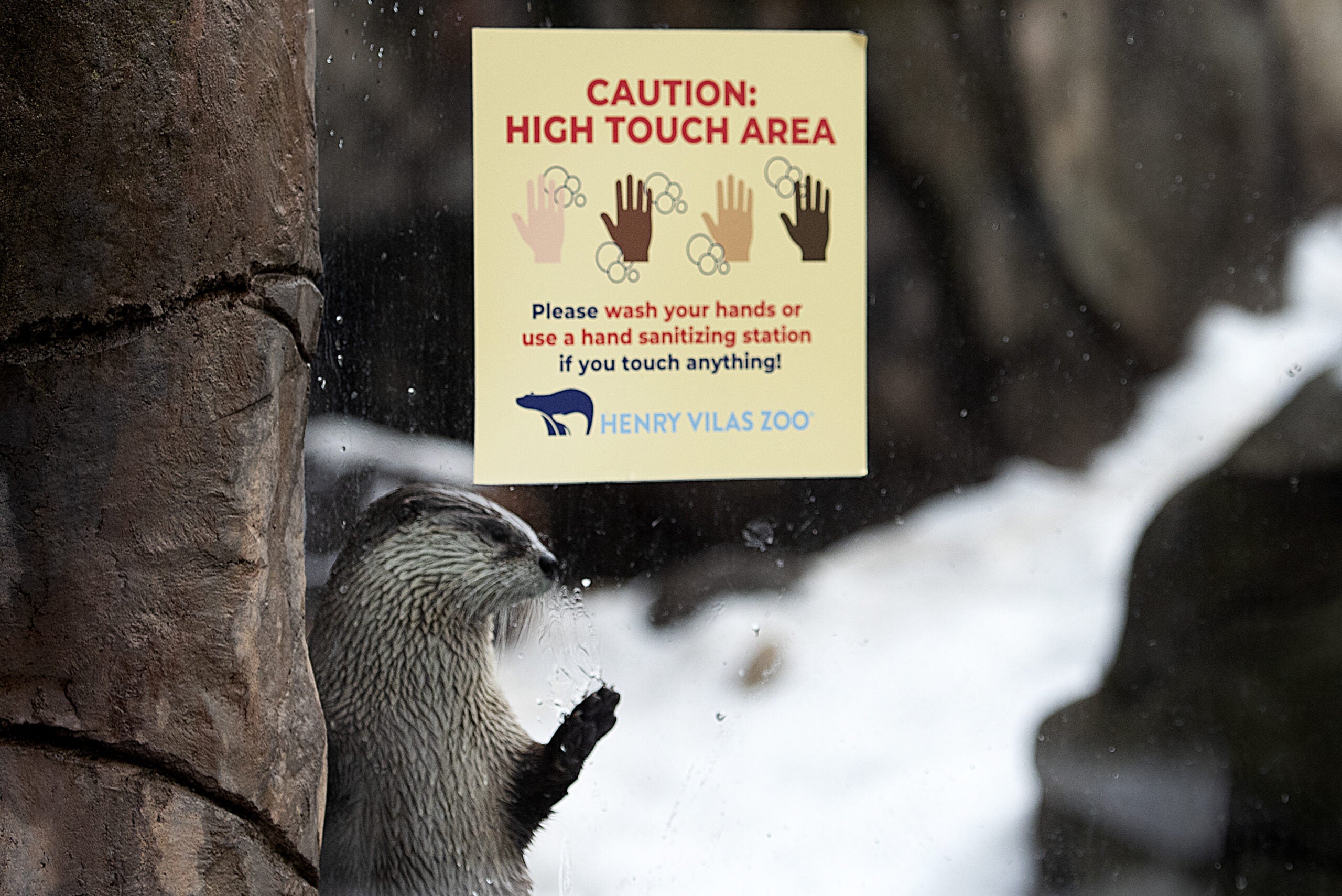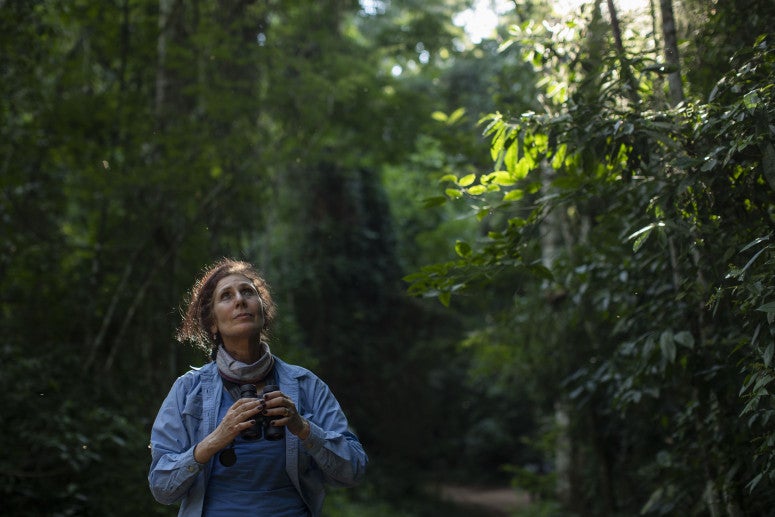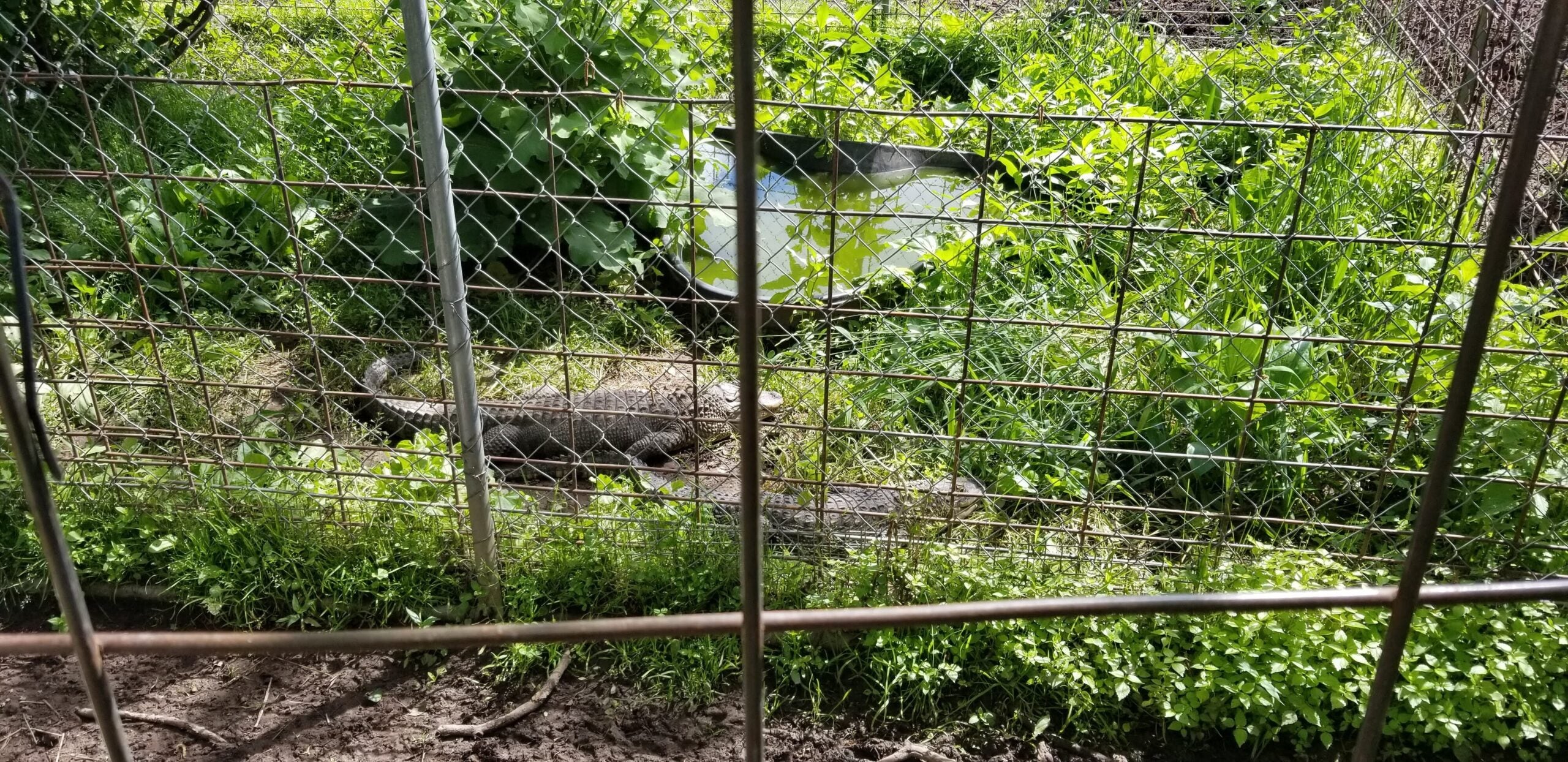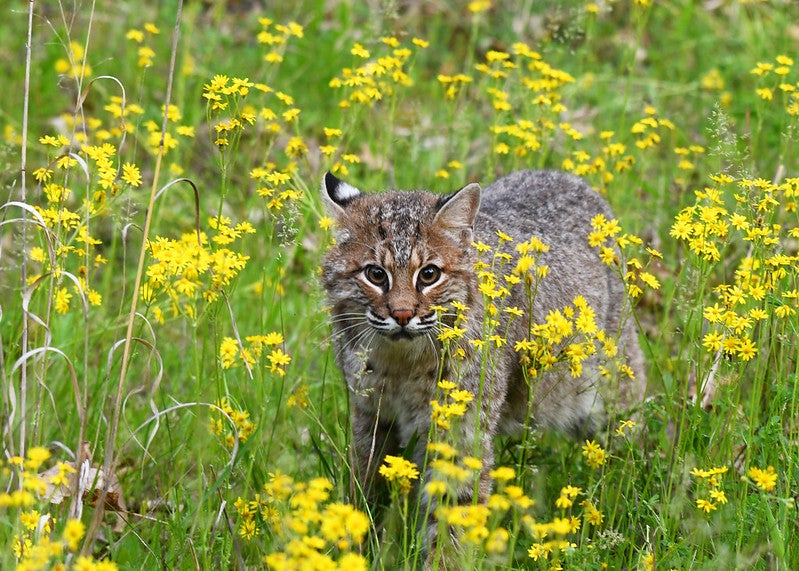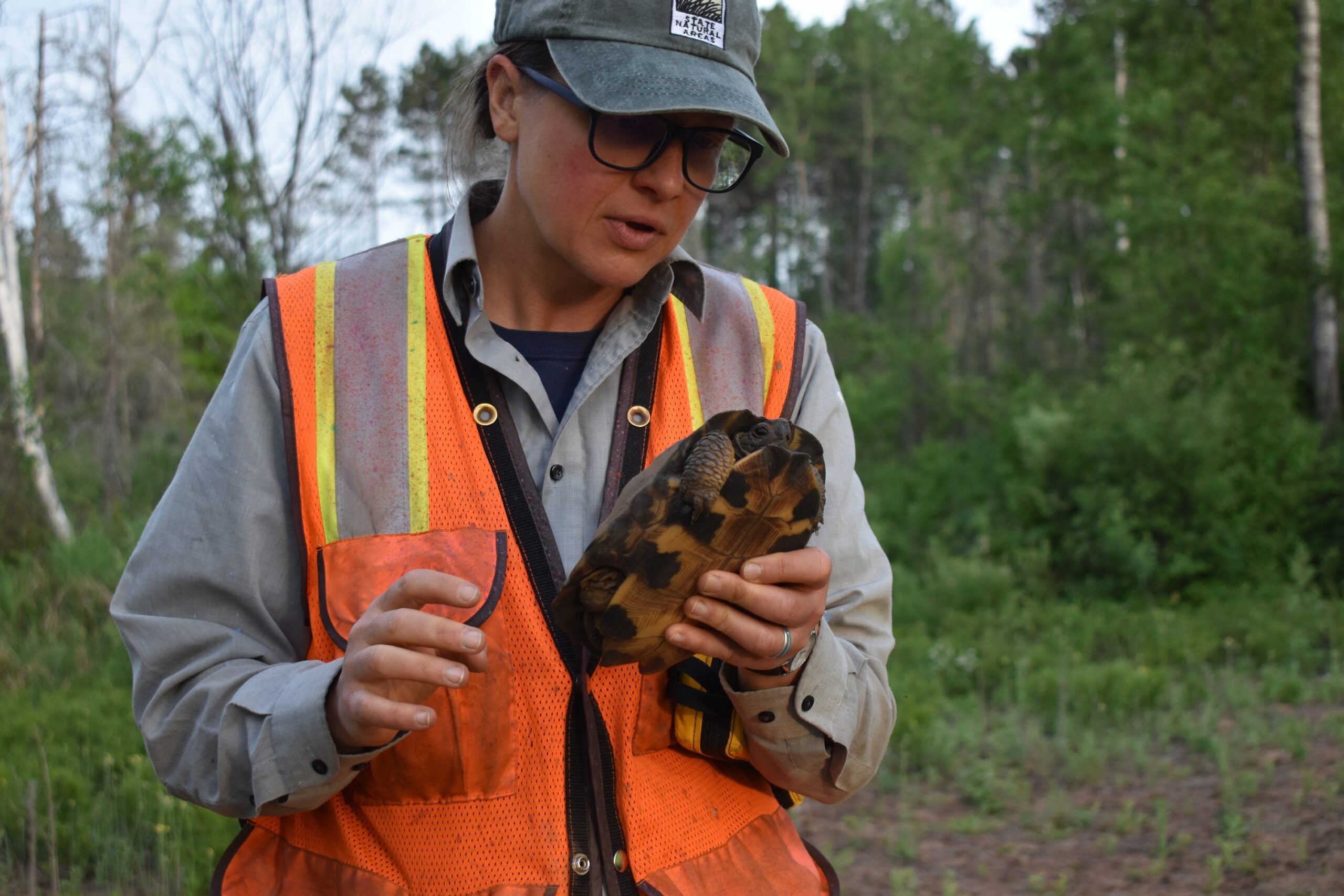After a couple of gorillas at the San Diego Zoo began coughing, staff had their fecal matter tested for the coronavirus. Tests confirmed at least several members of the gorilla troop were positive for the virus, the zoo announced last week.
“Aside from some congestion and coughing, the gorillas are doing well,” executive director Lisa Peterson said in a statement. “The troop remains quarantined together and are eating and drinking. We are hopeful for a full recovery.”
Southern California is in the midst of one of the country’s worst COVID-19 outbreaks, and according to the zoo, it’s likely the gorillas contracted the virus from an asymptomatic staff member, despite precautions to protect the animals.
Stay informed on the latest news
Sign up for WPR’s email newsletter.
A variety of species are susceptible to the new coronavirus, research shows. Early in the pandemic, tigers at the Bronx Zoo tested positive, and around the world, commercial mink farms have been affected.
Wisconsin zoos have expanded their safety protocols to keep their animals safe from the coronavirus. And they say their mission to promote conservation across the globe could help prevent future pandemics.
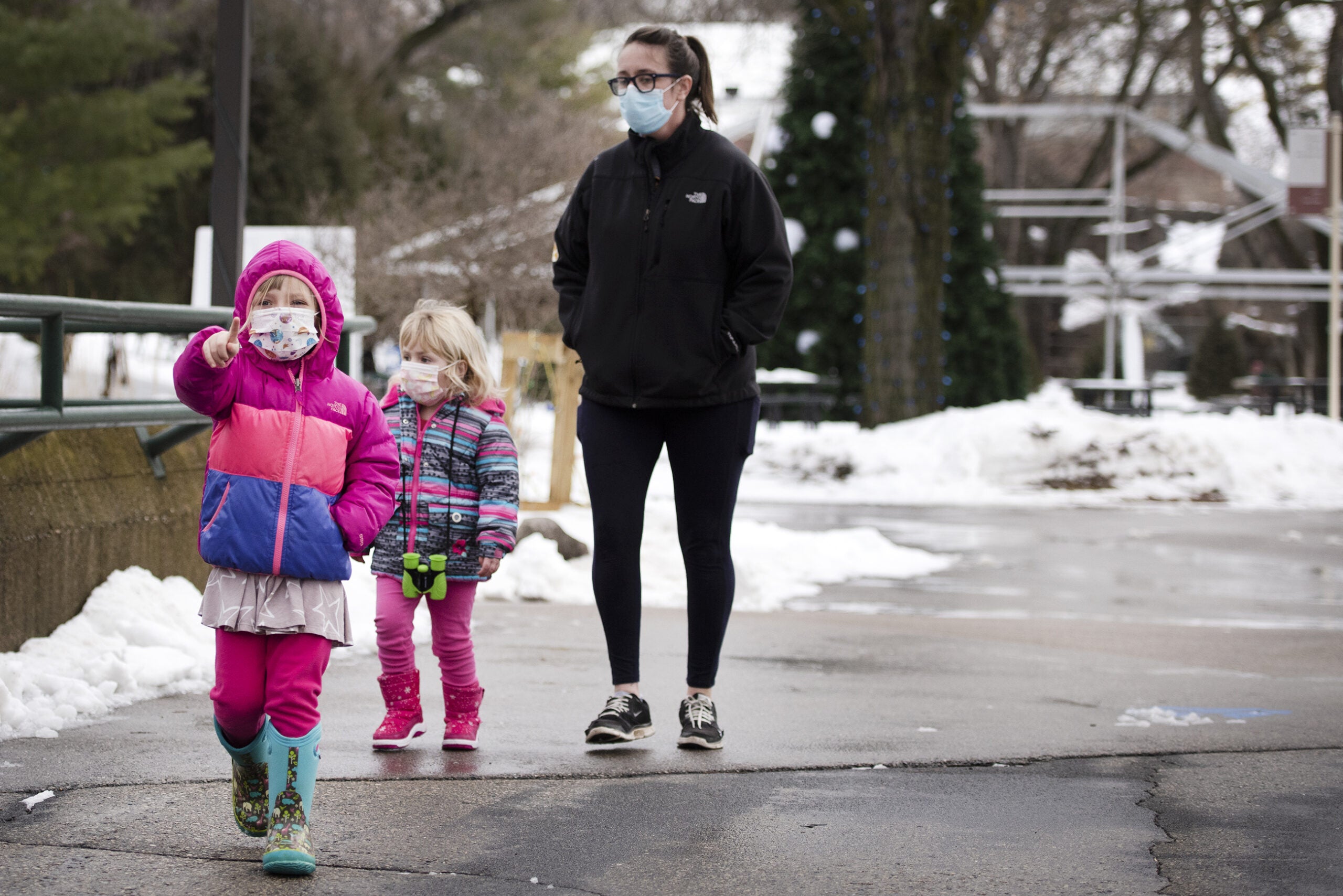
Zoos Have Expanded Existing Biosecurity Measures
Before the coronavirus pandemic, zoos already took special precautions to prevent their animals from contracting illnesses keepers might carry, and vice versa. For example, the bonobos and orangutans at the Milwaukee County Zoo get a flu shot every year.
Non-human primates and mustelids, including otters and black-footed ferrets, can be susceptible to cold and flu viruses, said Carmen Murach, curator of animals at the NEW Zoo in Suamico. The zoo has always used face masks, protective suits, gloves and foot baths around certain species, she said.
At the NEW Zoo, just north of Green Bay, keepers are regularly tested for tuberculosis to ensure they don’t transmit it to the animals. Safety measures are also in place to prevent keepers from acquiring hepatitis B, an illness that can be carried by macaques, Murach said.
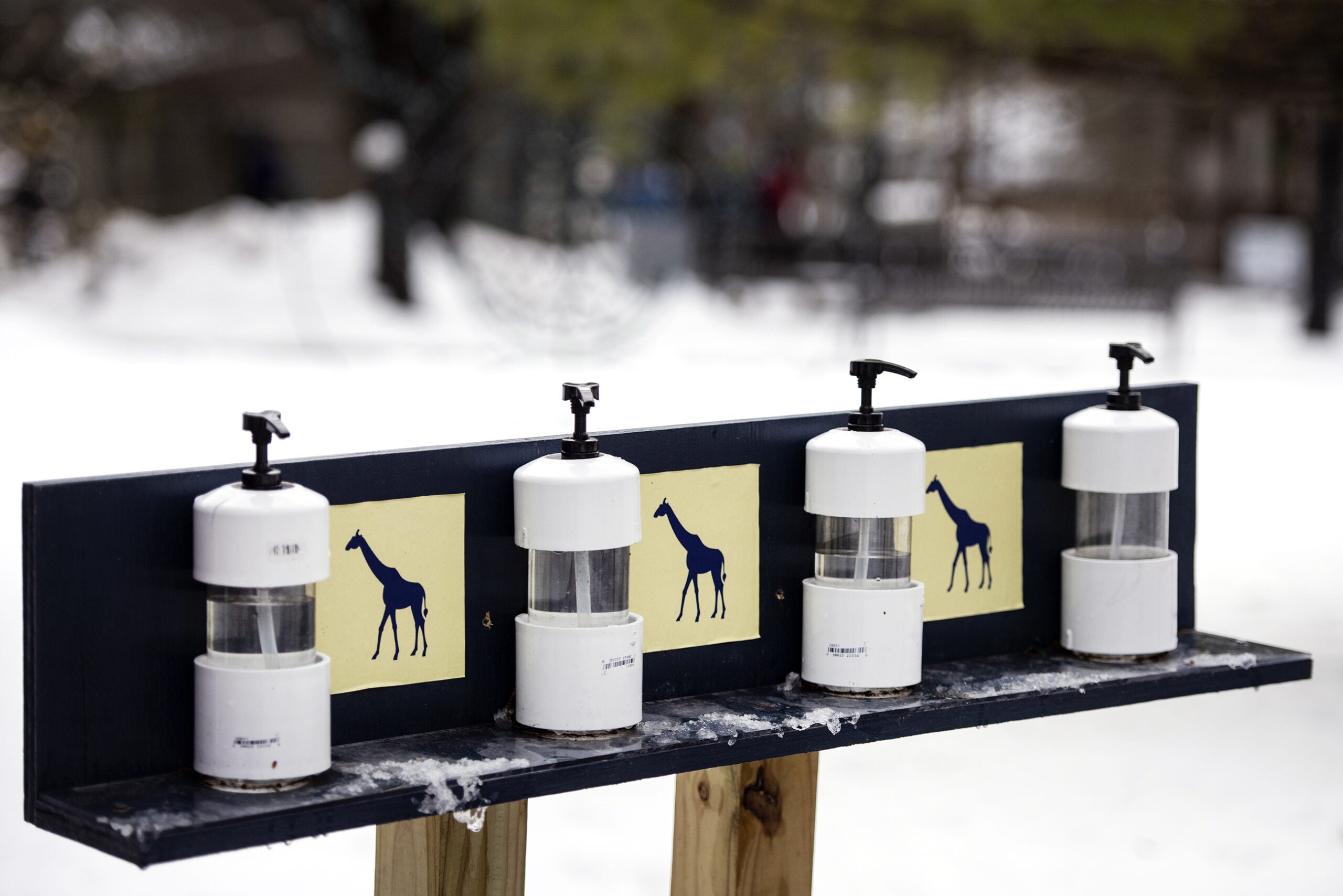
On Thursday, Murach met staff from the Columbus Zoo in Ohio halfway to pick up a red panda, a companion for an animal at the NEW Zoo. Before the pandemic, it was already common for animals to undergo pre-shipment blood work and then a quarantine period to make sure they’re heathy before introducing them to a new population, she said.
But there are also new precautions in place due to the pandemic. Now, keepers wear masks around all the animals, she said. They also avoid coming within six feet of some species, including the lions.
“We still do training for some of the important veterinary procedures and things like that, but some of the training we do more as an enrichment for the animals, we’ve substituted other forms of enrichment that involve less close contact,” Murach said.
At the Henry Vilas Zoo in Madison, keepers used to put on surgical masks if they felt like they might be coming down with something. Now they wear them anytime they’re in the primate building, said general curator Beth Petersen. They continue to wear gloves whenever they interact with primates, or even prepare their food.
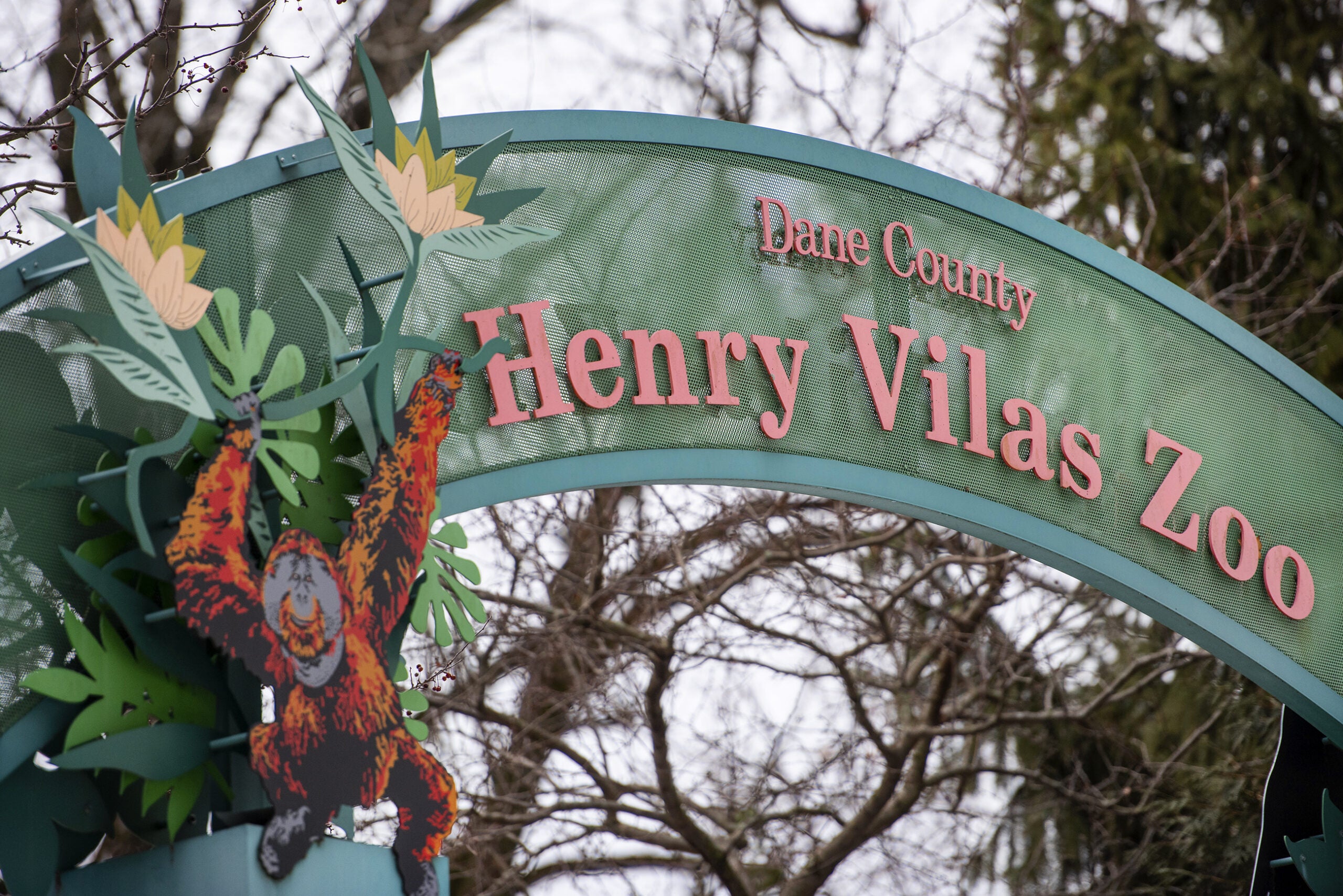
Fortunately, both zoos have been able to access the personal protective equipment they need during the pandemic.
“The county government has been amazingly helpful from day one, providing things from their stockpiles to make sure we have the right gear for showing up at the zoo and taking care of the animals every day,” Petersen said. “That’s not something that changes in a pandemic or on a holiday or any of those other crazy times.”
The Henry Vilas Zoo has also temporarily closed its free flight aviary, herpetarium and primate building to guests. The decision was made, in part, to protect keepers, Petersen said.
“We have this core group of animal keepers that are really unique in their skills. It’s not as if, if five of them got sick out of our 16 staff, that we would be able to just pick up somebody else that can pinch hit for us,” she said.
In some ways, zoos accredited by the Association of Zoos and Aquariums (AZA) are particularly well-equipped to handle a situation like the coronavirus pandemic. The transmission of zoonotic diseases has long been a concern.
A few years ago, there was a strain of avian flu that looked like it might make the jump to humans. It didn’t, but the NEW Zoo still had to prepare for the possibility, Murach said.
“We at the zoos were certainly concerned about our birds and the possibility of people bringing the disease in to affect our bird populations,” she said. “So, we’ve kind of had a few trials before.”
Animals Are Ambassadors For Their Wild Counterparts
The Henry Vilas Zoo closed for more than a month early in the pandemic. Since it reopened, the feedback from guests has been “overwhelmingly positive,” Petersen said.
“Every time we see someone comment on one of our Facebook posts that they visited, and they felt really safe, it just makes us feel so much gratitude for what we’ve been able to do for the community,” she said.
Staff members are also happy guests have returned. The animals at the zoo are ambassadors for their species’ in the wild, and keepers want the public to be able to see and learn about them firsthand, Petersen said.
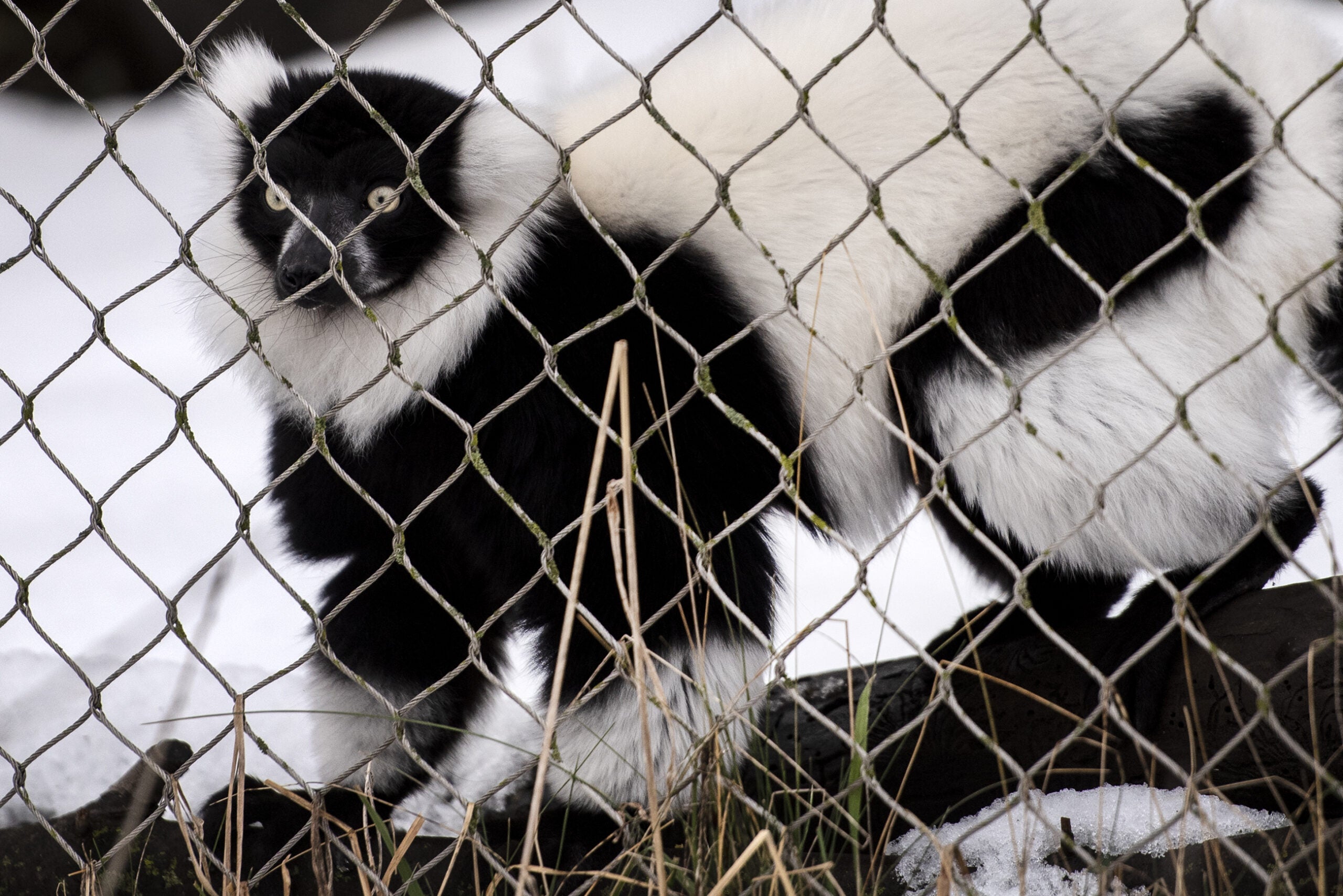
For example, visitors to the Henry Vilas Zoo can see critically endangered black and white ruffled lemurs. In addition to habitat encroachment, the illegal pet trade is a threat for lemurs, Petersen said.
“And the way that viruses or other diseases might manifest in a lemur, that unfortunately might become a pet or might become a source of food for some folks, can lead to these really serious health complications that created the pandemic,” she said.
In response to the coronavirus, the AZA has launched a campaign to help prevent the next pandemic by educating the public about the illegal wildlife trade and encouraging legislators to take a strong stance against it.
“We do know that viruses have a tendency to jump from one species to another, and wildlife trade is just an accident waiting to happen,” Murach said.
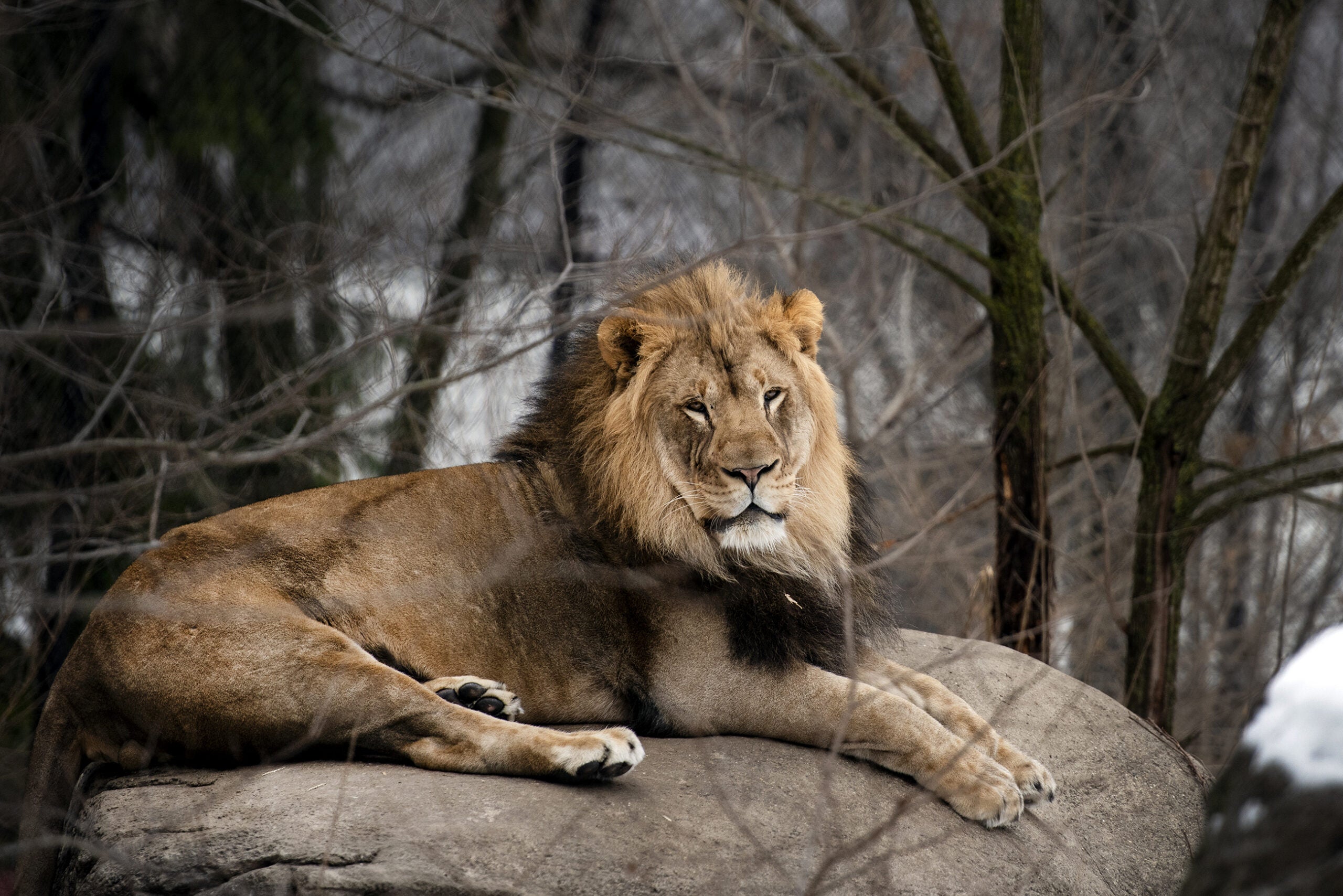
Wisconsin Public Radio, © Copyright 2025, Board of Regents of the University of Wisconsin System and Wisconsin Educational Communications Board.
